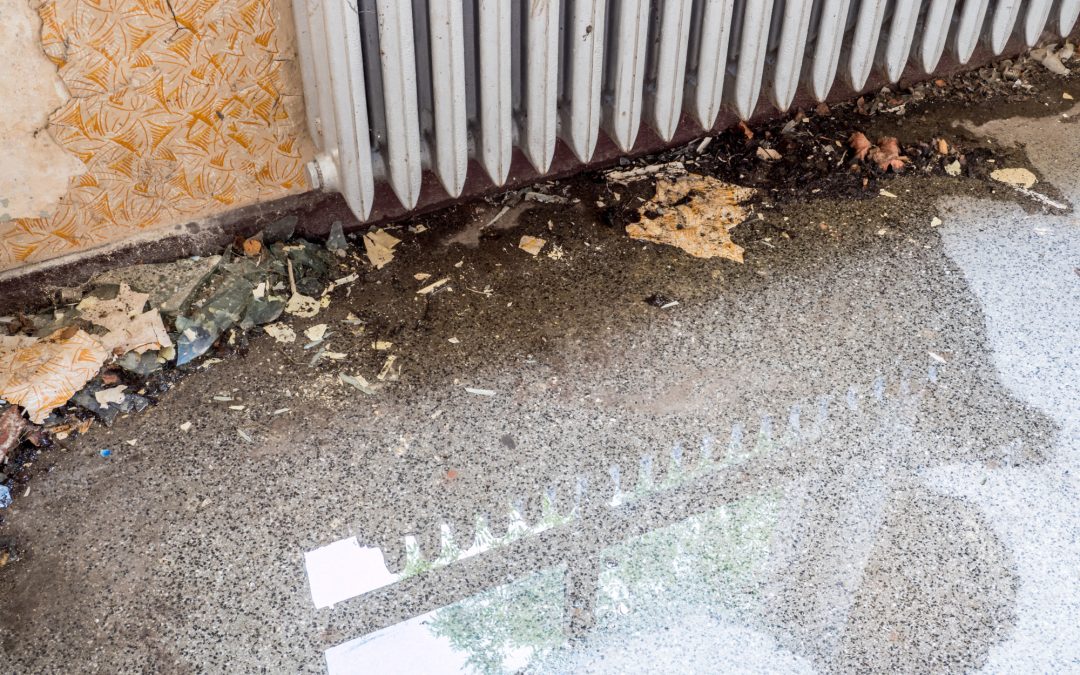Certain upgrades and renovations can change your home’s future value when you decide to put it up for sale. But whether or not you’re planning to sell it, we never know the future circumstances, so it’s best to prepare. Plus, upgrading your home isn’t for the sole benefit of income but also for your safety and satisfaction.
The garage floor is one of the parts of your home that is most vulnerable to concrete water damage. Thus, it’s one of the parts that need upgrading the most.
Are you an unsatisfied homeowner with a damaged garage floor or at least trying to prevent it? Worry no more as we walk through concrete floor water damage and its prevention.
Identify Concrete Floor Water Damage
To identify concrete water damage is to understand how and why it occurs. Understanding each will help you prevent it from happening once more. The following are the most common signs showing garage concrete floor water damage:
1. Cracking
Concrete floors can crack for a variety of causes apart from moisture problems. The more cracked your flooring is, the more vulnerable it is to more water damage from above and below. Water spills will seep into your floors more, and thus, moisture underneath will have more access.
2. Spalling
Spalling occurs when the surface of your floors begins to peel or pit. The freeze-thaw cycle can cause wear and tear resulting in spalling concrete. Water trapped inside the concrete freezes and expands with cold temperatures. Spalling is simply a result of compromised concrete through weather, corrosion, or poor materials.
3. Molding
Like other fungi, mold thrives in warm, moist conditions. It’s safe to presume that moisture has intruded if mildew begins to form on your floorboards. Mold appears as black or dark green streaks and spots along the flooring borders or walls.
At first glance, mold may appear to be dirt, but mold is more difficult to eradicate than dirt.
4. Discoloration
Moisture may alter the garage floor’s color. Darkened and discolored areas can reveal flooring damaged by moisture intrusion. Keep in mind where the discoloration occurred as it will lead you where moisture damage is most significant.
Concrete Floor Coating
Floor coatings like our Polyurea floor coating will best prevent water-damaged floors. Polyurea is a type of polyurethane that is a subset of that material family. It’s a tough, long-lasting coating and sealant for garage flooring.
Polyurea floor coating lasts longer, is scratch-resistant, and is a simple process to have applied. Polyurea forms layers that prevent floor scratches. Also, it protects the floor against weather and other factors that can harm the floor.
Maintenance Is Key
Prevention is better than a cure, and maintenance is the best prevention after coating. Regular maintenance will ensure your floor remains damage-free. Keep in touch with your concrete floor coating provider for recommended maintenance procedures.
Avoid Concrete Water Damage Now
While it’s true that upgrading garage floors raise home value, it’s also more about having the best garage living experience. Use your garage without bothersome concrete water damage.
Do you wish to invest in a quality concrete floor coating? Contact us now. We will help you get the best garage floor, resistant to concrete water damage.
